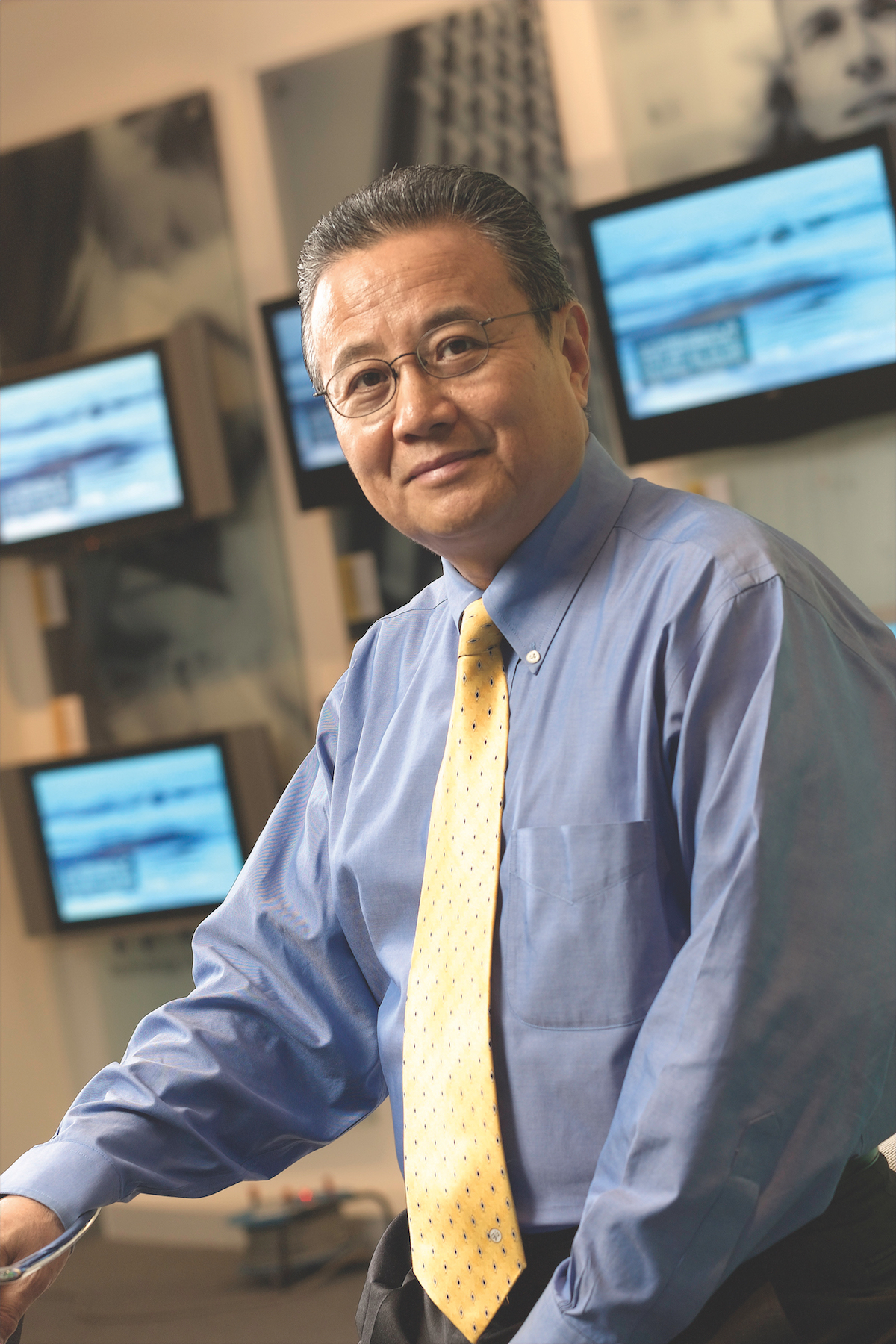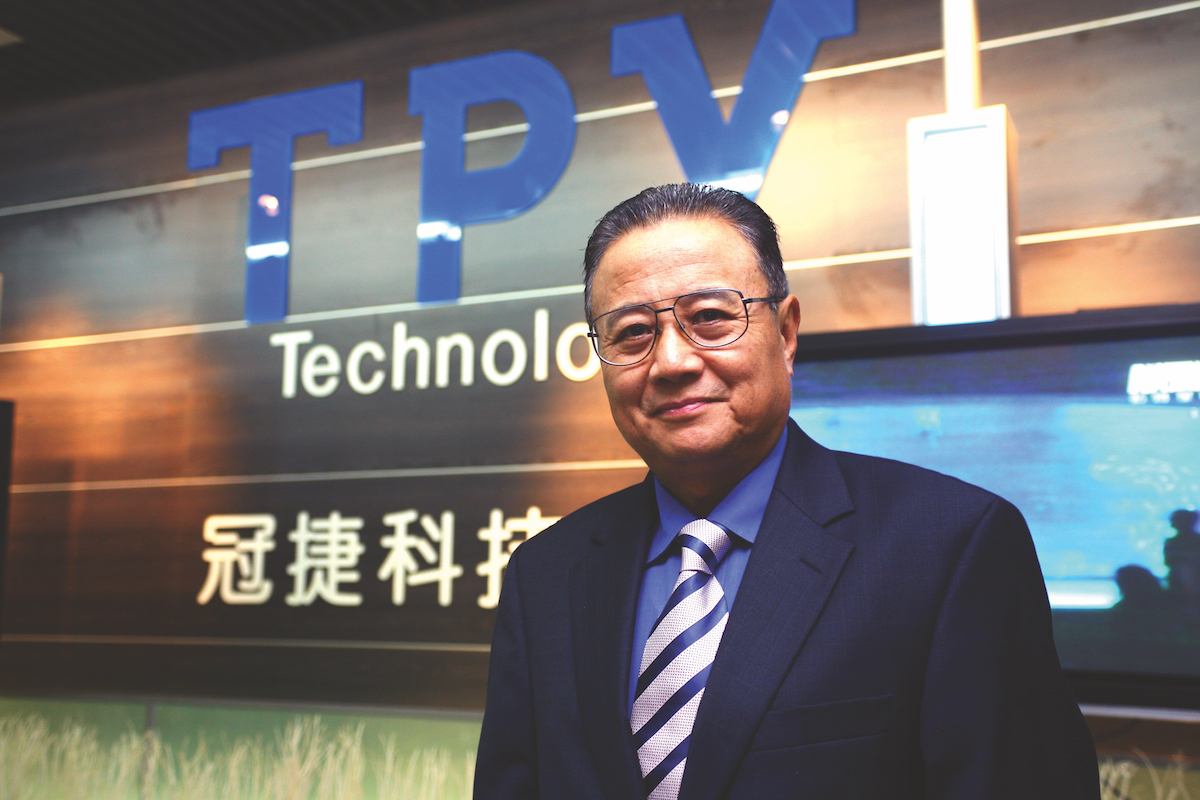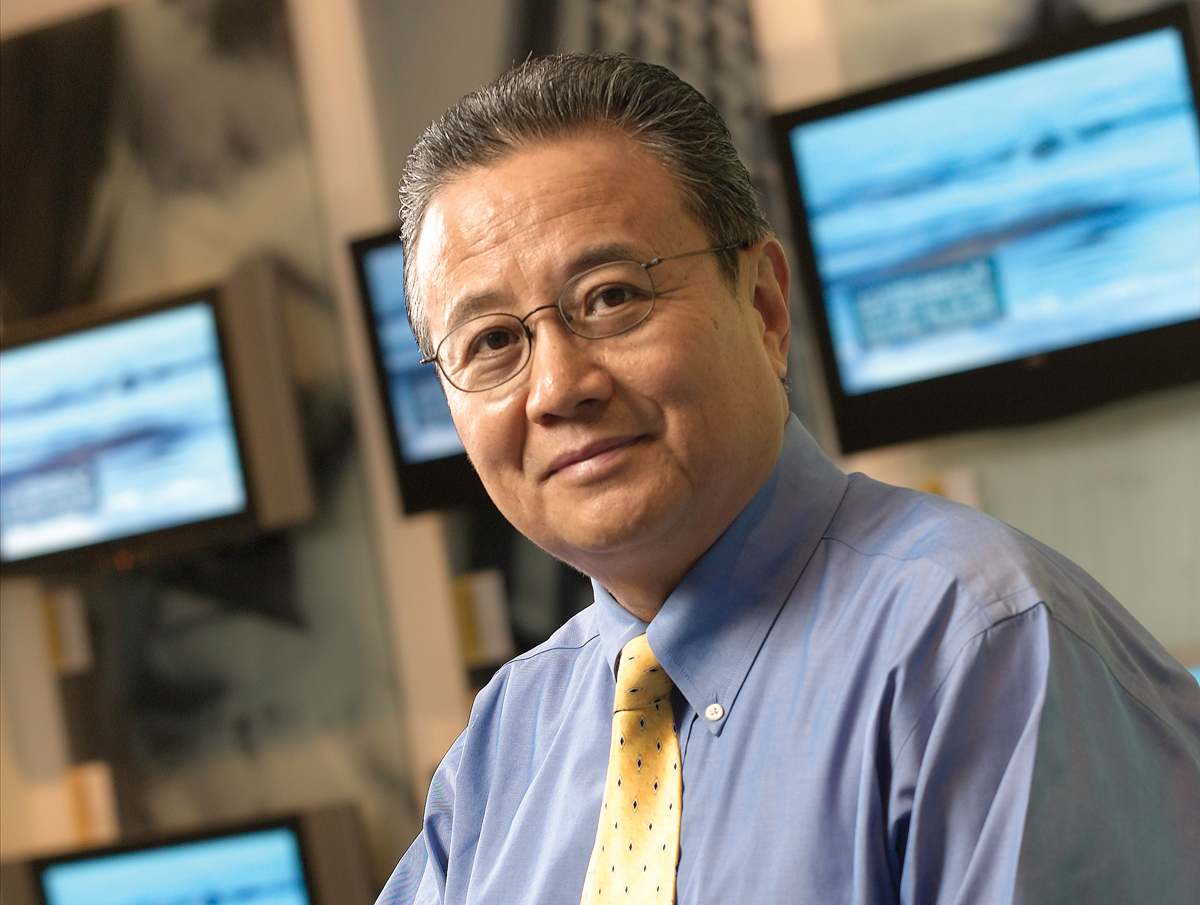Dr Jason Hsuan is the first to acknowledge his start in life wasn’t like other business leaders. Born in the province of Fujian, China, in 1943, he grew up just as communism was taking over the Chinese mainland. Terrified, his parents, both Kuomintang cadres, fled to Taiwan to take refuge, leaving their little son behind to live with grandparents in the countryside.
“It was quite common in those days; many families in those situations were leaving in a hurry,” he explains — not that this was any consolation for the resulting miserable childhood. At just 6 years old, he was sent out with his aunt to earn a living for the poverty-stricken family.
“The weather was bad, and we suffered terrible food shortages,” he recalls. Because of his parents’ background, at 15 he was sent to a labour camp where he fell seriously ill and was eventually released.
He was 18 by the time he was reunited with his parents in Taiwan and, not surprisingly, challenged them, angrily demanding to know why he’d been abandoned. With age, however, that anger has mellowed into something else. His early experiences, he says, have become his essence.

“I always share that with the next generation. I tell them: ‘If you have challenges, don’t get disappointed and depressed. Those will become assets in the long run and enable you to be
more resilient and able to take on pressures and challenges without fear.’ I always try to find a way to overcome difficulties.”
To a lifetime of hardship Jason has since added many other qualifications that have combined to make him a formidable business leader. He has a degree in electrical engineering, and then from the US a Doctorate of Philosophy in Systems Engineering and a Masters in Systems Engineering. He also has decades of experience in well-known multinational enterprises, from the General Electric Company to PepsiCo.
When he co-formed TPV (originally called AOC) in the late 80s with 2 good friends, it was initially a simple TV manufacturer. “About that time, the PC had just been launched and sales were booming, so we converted our TV manufacturing to PC monitors,” he explains. “Back then, worldwide demand was only about 10 or 20 million. Now it’s close to 130 million, so we were lucky.”
However, Jason was armed with more than luck. His global experience put him on par with other business leaders, yet his Chinese heritage saw him surge ahead of them when he decided to set up a factory in Fujian.
“We were the earliest investors from Taiwan to make an investment in China,” he recalls. “Many of my competitors went to Malaysia or Thailand, but I know China and knew it would start opening its doors and not go backwards. It meant we developed the Chinese market earlier than anyone else, so we now have 40% of the total monitor market share.”
It also meant that many large and strategic partners, including LCD screen manufacturers, were keen to come onboard with this extraordinary operator who could span both Western and Eastern cultures; as time has passed, that’s proven to be a mutually beneficial relationship.
“We try to co-design all products together so we can have some differentiation and also create long-term relationships. There’s actually now quite a shortage of LCD panels, but because of our good relationship they still give us strong support.”

“If you have challenges, don’t get disappointed and depressed. Those will become assets in the long run.” – Dr Jason Hsuan
TPV’s market share also helps. The cost of investment and manufacture of panels is considerable, and if they want to recoup that investment, it makes sense to supply to TPV who not only has the lion’s share of the market in computer monitors but is also the fourth-biggest flat TV producer in the world, with AOC, Envision and Philips brands.
Jason has an orchestra conductor’s rostrum in his office and he’s been known to stand on it to read his documents. The analogy is pertinent since he needs all stakeholders and shareholders working in tune to achieve one harmonious symphony of commercial success.
The company currently has 11 manufacturing sites in China, Europe, Russia, Mexico and South America and operates in 32 different countries. “So we are globalised,” he says in his understated fashion, “and we train our Chinese and Taiwanese colleagues to be globalised not only in the language but most importantly the culture.”
China, he claims, has easily adjusted to ‘internet pace’. “They’re fast. You look at successful companies like Alibaba and they’re flexible, innovative and influential.”
Things move more sedately in Europe, and indeed Dutch electronics company Philips was sceptical that a joint venture could stem their losses. That was until Jason showed them how a previous partnership with a monitor division had reaped rewards once that famous speed and flexibility had been introduced.
The breathtaking advancements in technology have made it one of the most exciting industries to operate in for decades now, but the next 5 years could be the most exciting yet — and it’s clear Jason has no intention of retiring and missing out. Smart displays for public signage and smart TV are his current occupations; next is the transition into the Internet of Things, which will transform lifestyles, businesses and cultures across
the world.
ABI Research has estimated that more than 30 billion devices will be wirelessly connected to the Internet of Things by 2020 — everything from urban transport to medical devices to household appliances. “We can also be in that place; it’s a big, big market,” Jason says. He’s looking forward to building innovation within TPV, yet just as important is building a team of successors “who will be even more energetic, globalised, faster, creative, and willing to adapt to change.” Whether that next generation will be as extraordinary as their mentor is yet to be seen.

